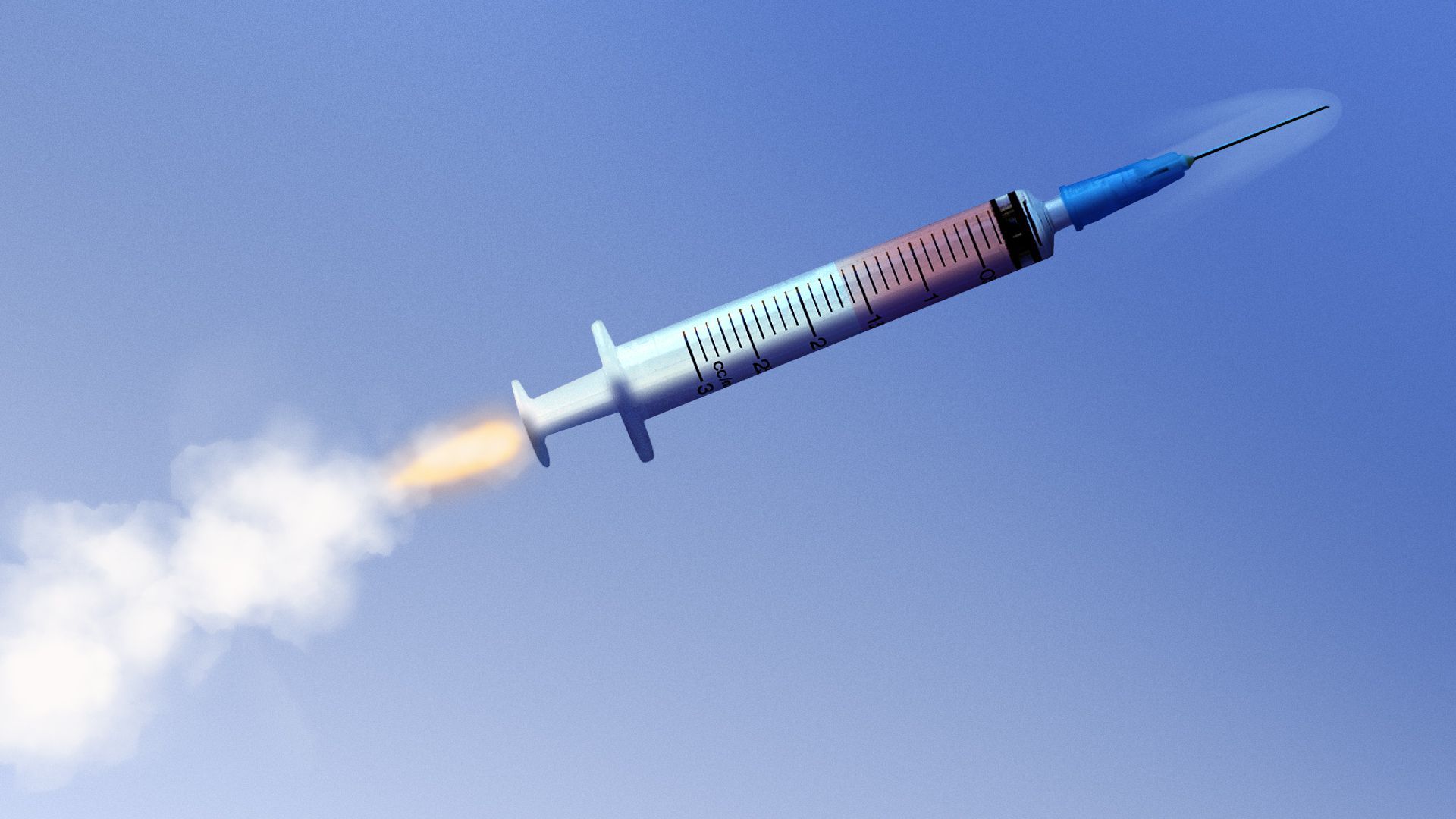| Democrats' push to allow Medicare to negotiate prescription drug prices has been limited to older drugs without generic competition, but even so, many of the program's costliest medicines would still be eligible, Axios' Caitlin Owens writes. Why it matters: Direct government negotiations would plug some holes in a system that's now dependent on market competition to contain prices. But there are a lot of holes, and even older drugs with generic competition can cost the federal government billions of dollars each year. State of play: The scaled-back plan that Democrats landed on limits the number and type of drugs subject to negotiations yet has plenty of bite, because nearly all of the drugs that cost Medicare the most money — at least in 2019 — are older, according to a Kaiser Family Foundation analysis from January. By the numbers: Of the 20 Part B drugs and the 20 Part D drugs that cost Medicare the most money in 2019, more than half would still qualify for negotiations, unless new generics or biosimilars come to market, per KFF. Yes, but: Drug companies can recoup whatever money they lose from lower negotiated prices on old blockbusters by raising the launch prices of new drugs, some analysts say. The bottom line: For all of the consternation about exempting new drugs from negotiations, excluding drugs with generic competition would be costlier. Go deeper. | 







No comments:
Post a Comment